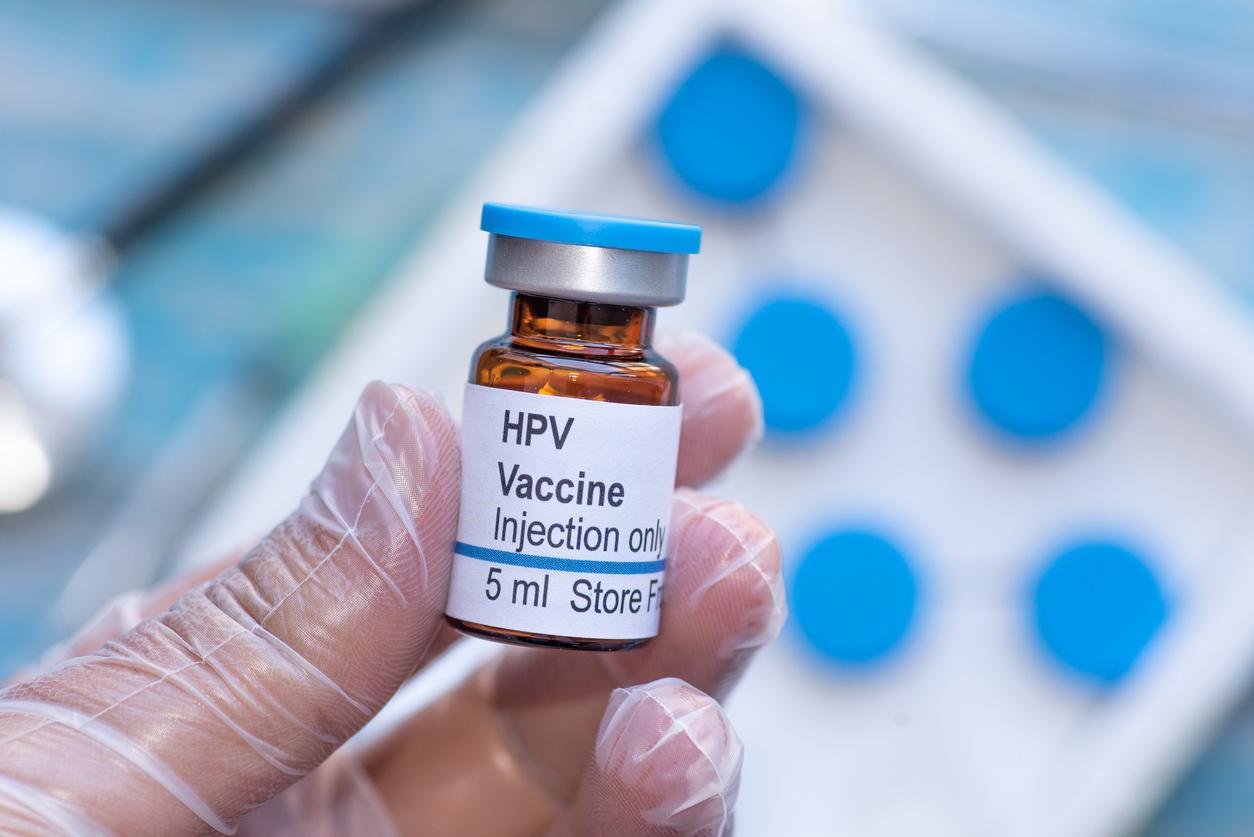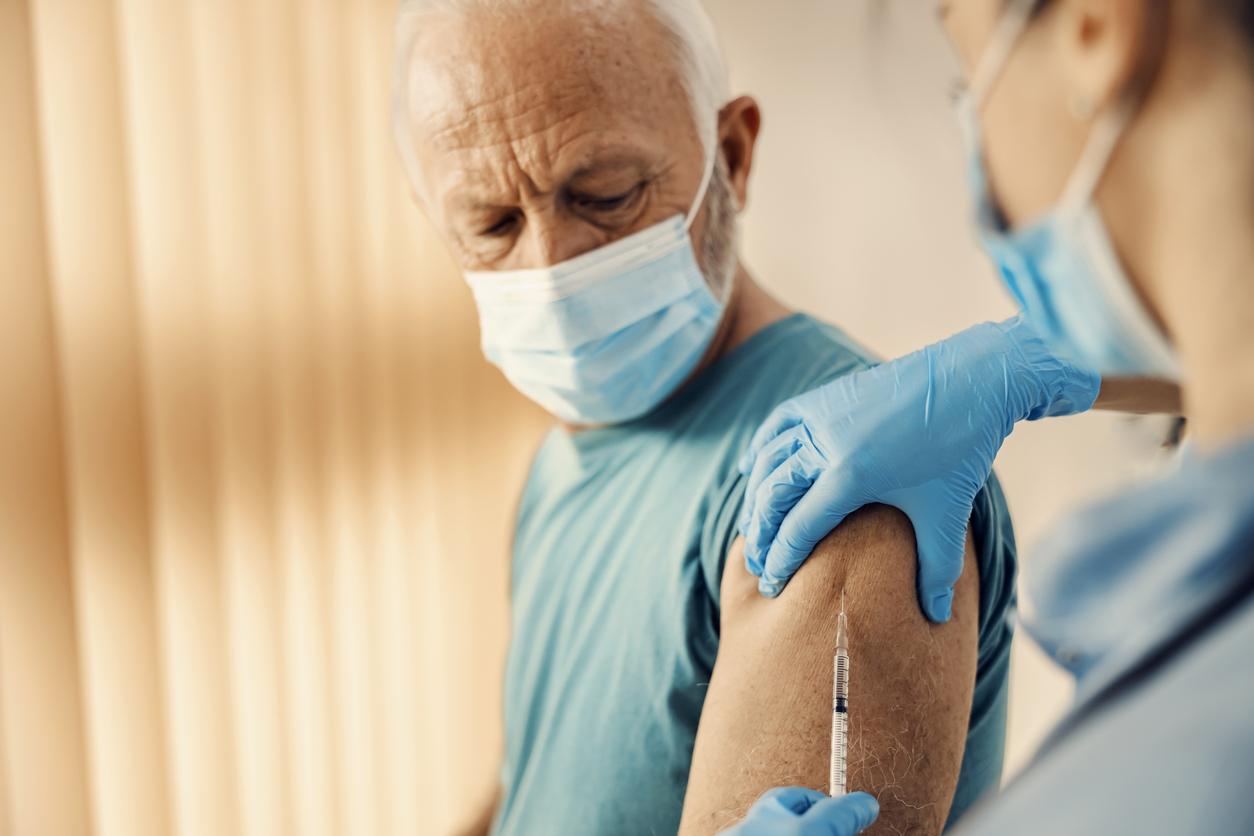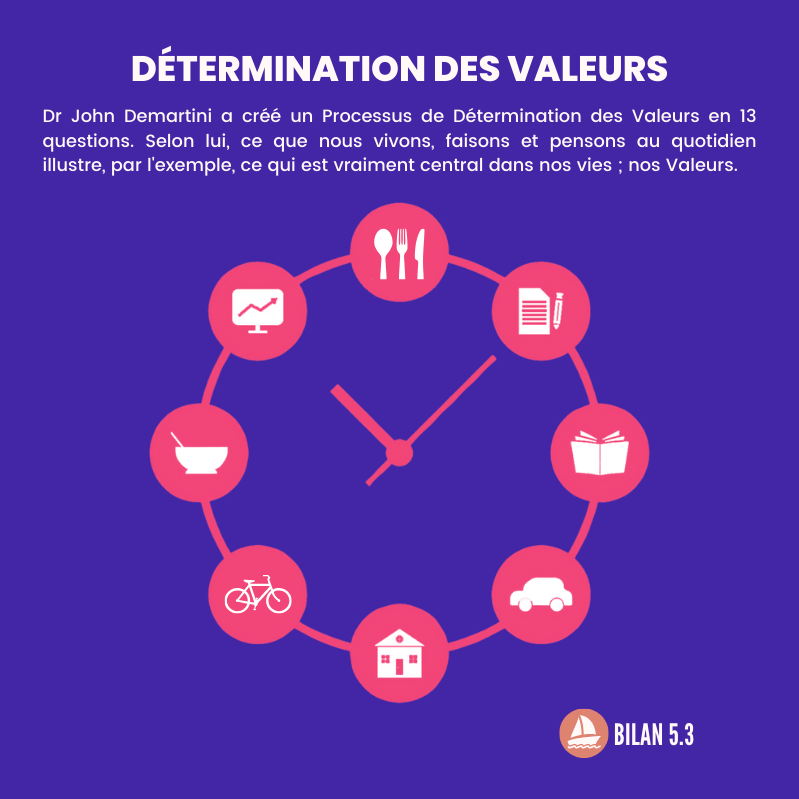
Healthy Conversation with Professor Marjolein van Egmond
The time has come: the first vaccines against corona will be available soon. Vaccines are therefore in the news almost every day. It might make you dizzy if you want to track all the information. Don’t worry: our latest podcast episode of Healthy Conversation gives you a very clear explanation.
Fast – but good
Marjolein van Egmond is professor of immunology at the Amsterdam UMC. She explains how researchers make a vaccine and what steps are needed to develop a safe and effective vaccine. With corona, that process went very quickly: there were only nine months between the outbreak of the pandemic and the development of the vaccine. But nothing has been rushed and no steps have been skipped, explains Van Egmond very clearly. It is all a matter of knowledge that has been gained before, the provision of a lot of money and manpower and the fact that there were so many volunteers to test the corona vaccine. In terms of safety requirements, nothing has been lost with this vaccine, Van Egmond assures.
How does the vaccine work?
Our immune system is very ingenious. It can learn and has a memory. By exposing our body to a small amount of a (modified) virus, our immune system starts making antibodies. It is exactly the same with the coronavirus. The effectiveness is high: no less than 90-95 percent of the vaccinated people no longer get sick from the corona virus. Are they therefore also not contagious to others? Time will tell. Initially, measures such as mouth caps and keeping distance will still be necessary. But the more people are vaccinated, the better our society is protected. That is why such a vaccination is also an act of solidarity, says Van Egmond. Your vaccination helps protect others. This works exactly as with other well-known infectious diseases such as measles, tuberculosis and polio. These are all examples of diseases that have almost completely disappeared from our society thanks to vaccinations.
Put your immune system to work
The vaccine will activate your immune system. As a result, you may experience mild side effects after the vaccination, such as a feeling of flu. This is evident from the research to date. Serious side effects, such as an allergic reaction, are very rare, Van Egmond says. Of course we don’t know the long-term effect yet, but with almost 100 years of experience with other vaccines, we know that it is very unlikely that they will occur.
End of the pandemic
The logistics surrounding the vaccines will really take some time, and we will also have to wait until all vaccines are readily available to everyone. But all in all, we can expect that the vulnerable groups in our society will soon be protected, and that – if enough people get vaccinated – we can put the pandemic behind us in the course of 2021.
Curious about this conversation about the vaccines against corona? You can listen to the podcast below.
















